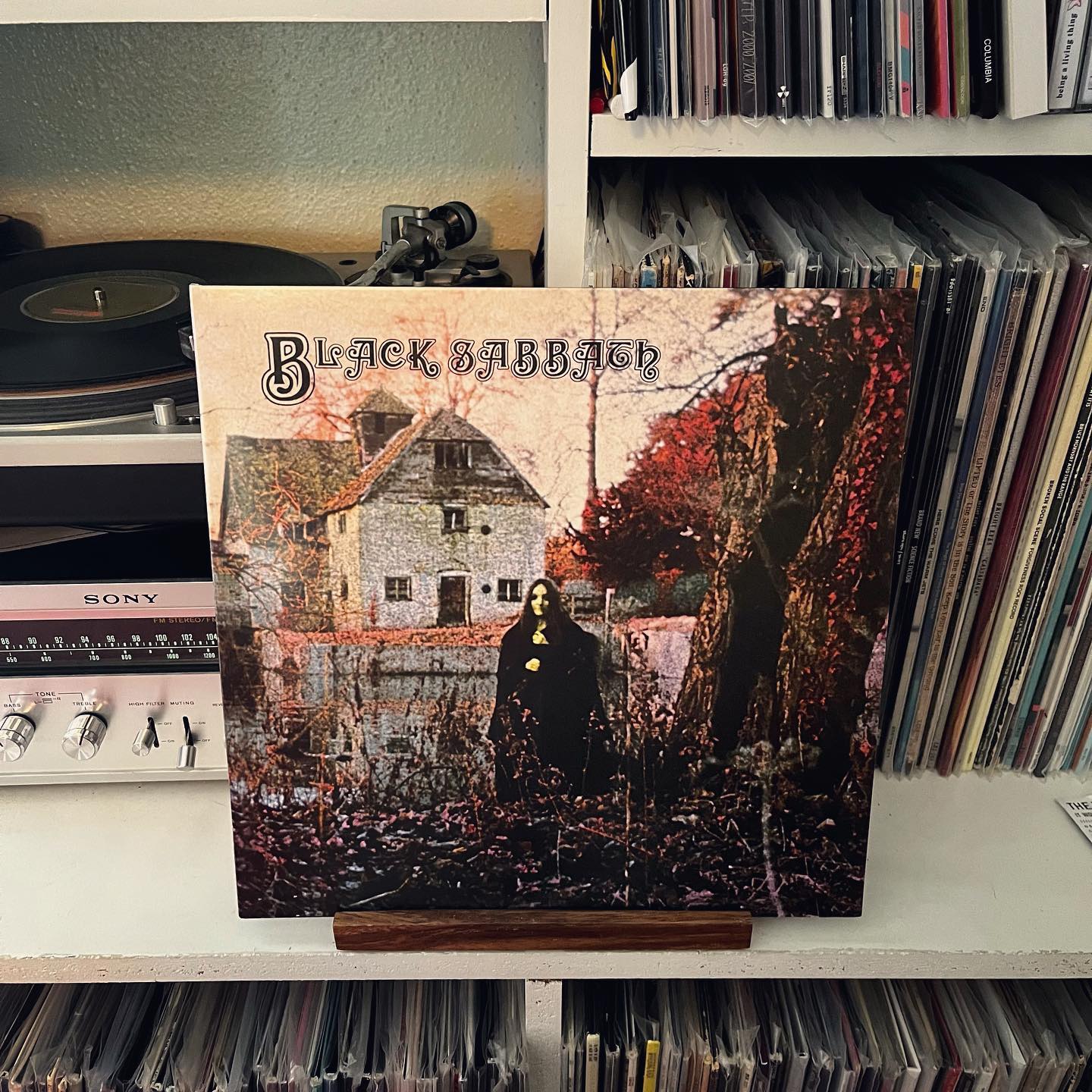
There is perhaps no more unlikely group to change the course of music than Black Sabbath. Originally called the Pulka Tulk Blues Band, and later Earth, the working class quartet from Birmingham cut their teeth playing in blues clubs with a sound not unlike the blues rock of Cream.
But somewhere between forming and recording their first album, a series of events caused them to morph into one of the most ferocious and influential bands of all time. And while Black Sabbath still retains a lot of their blues jam tendencies, the nucleus of their legendary career—and heavy metal as a whole—is impossible to miss.
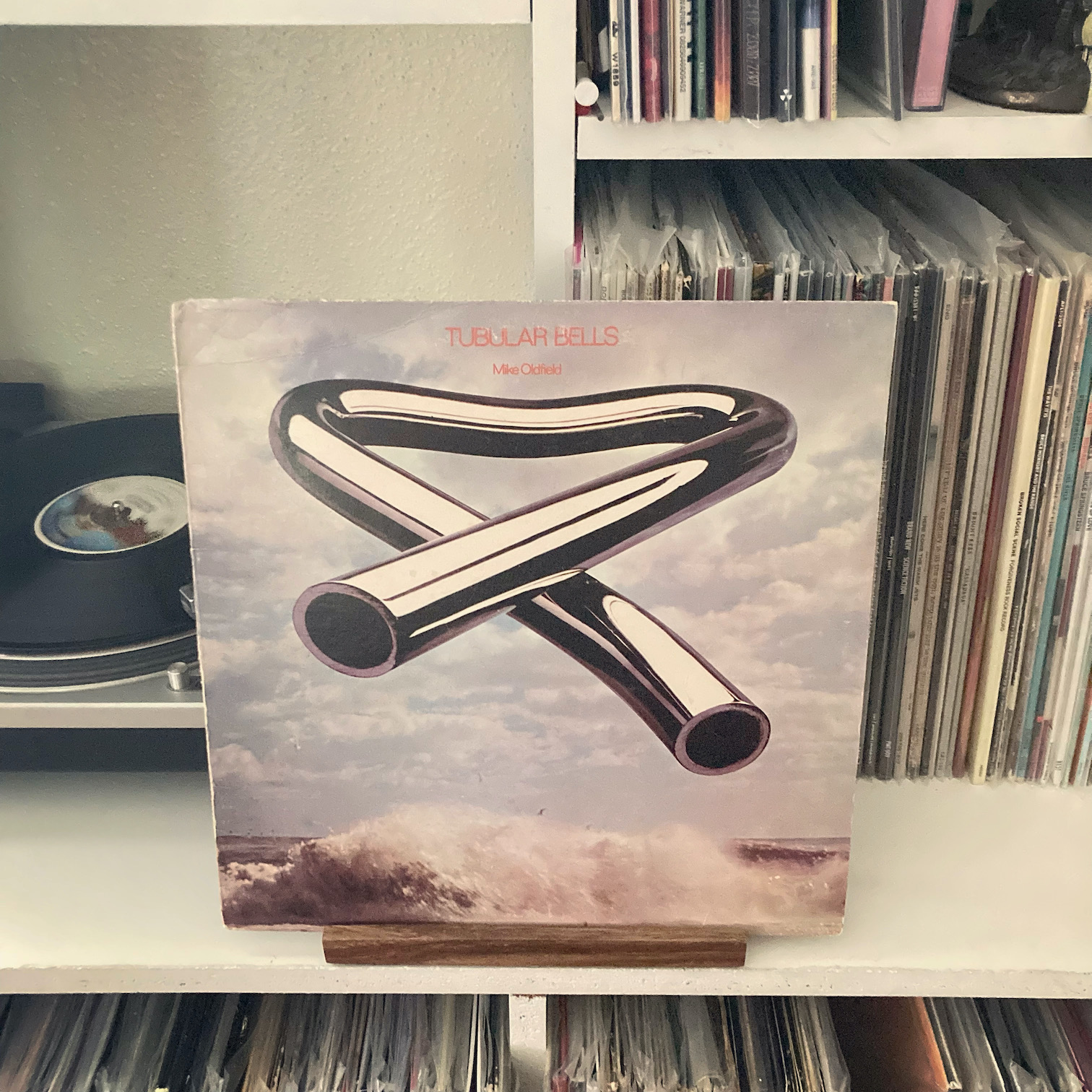
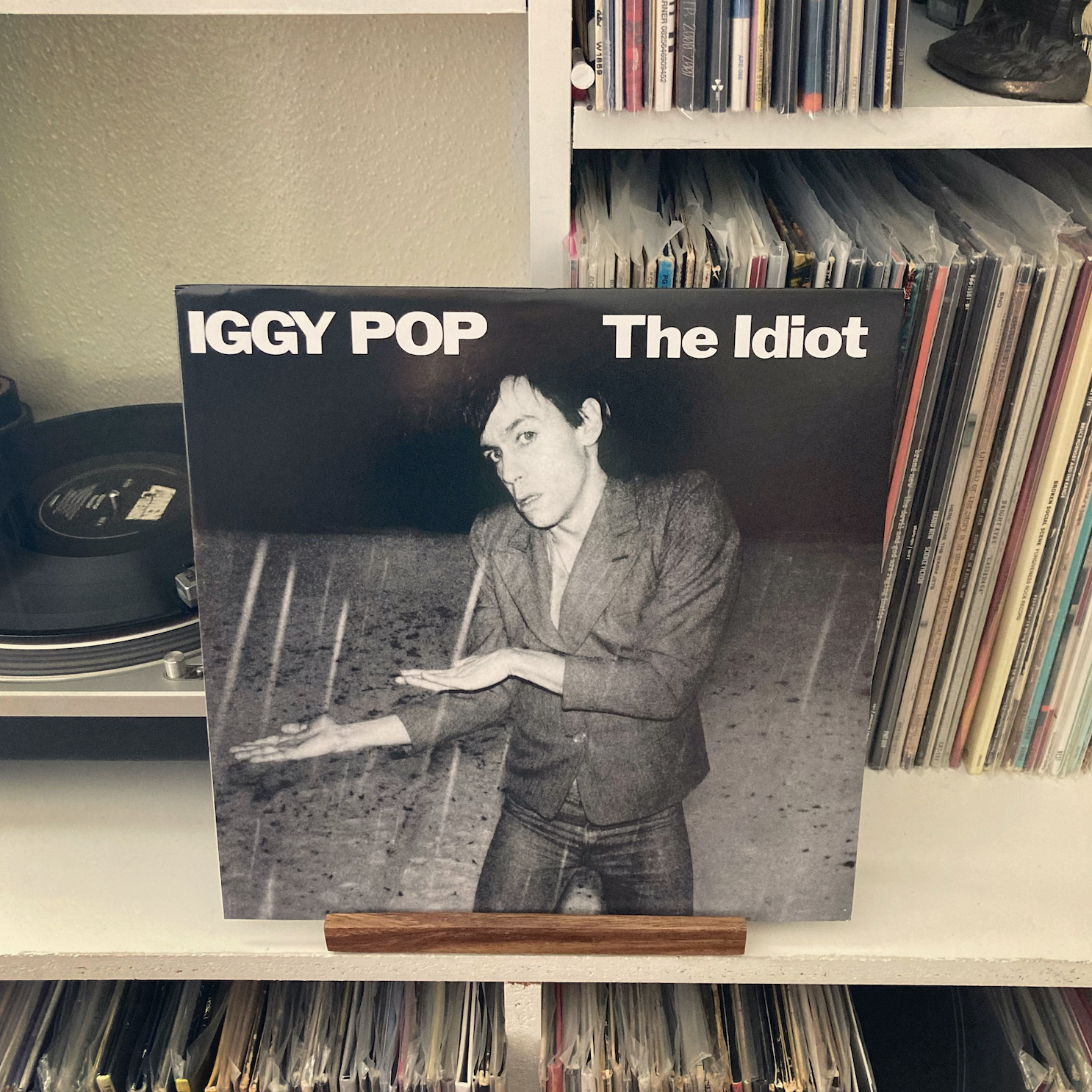
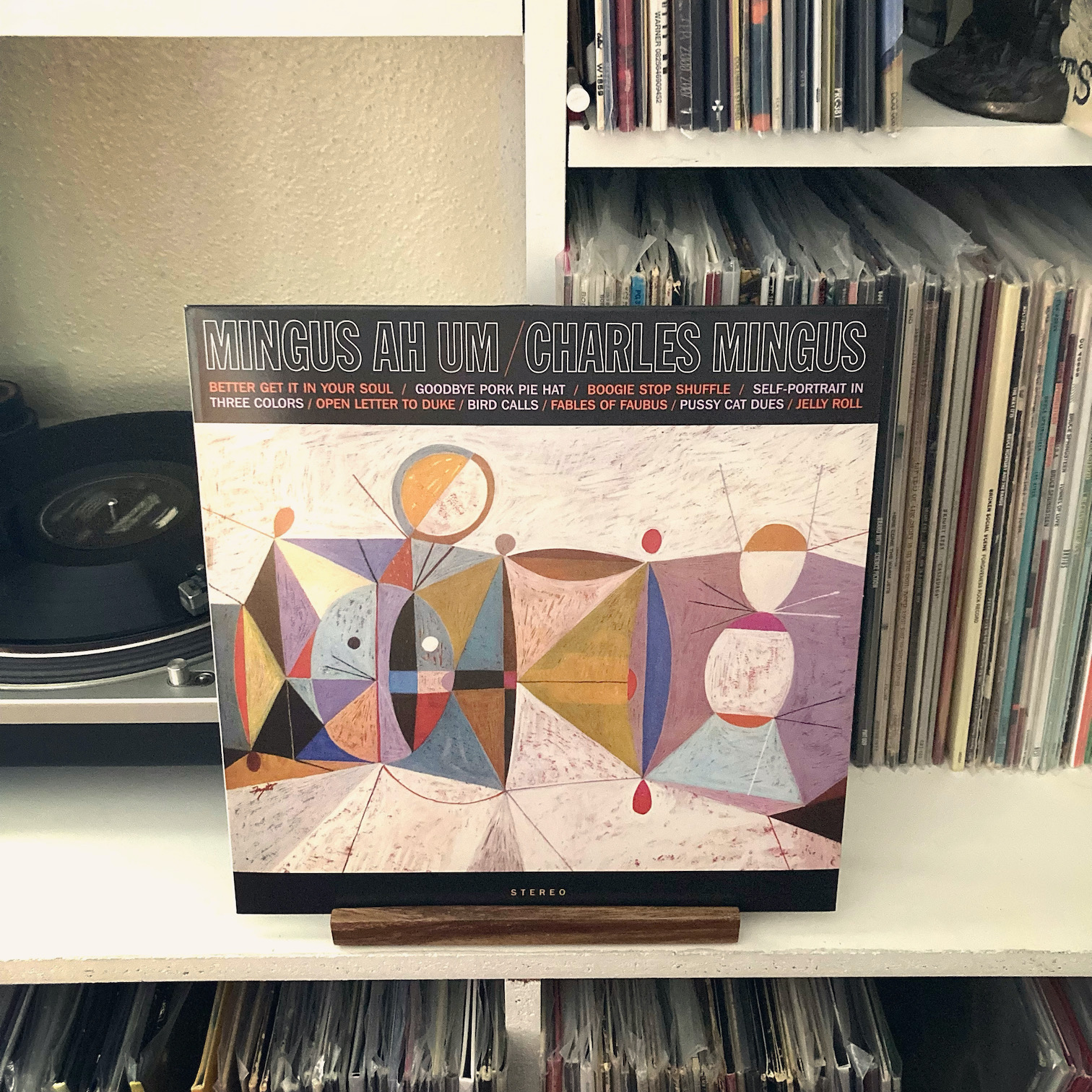
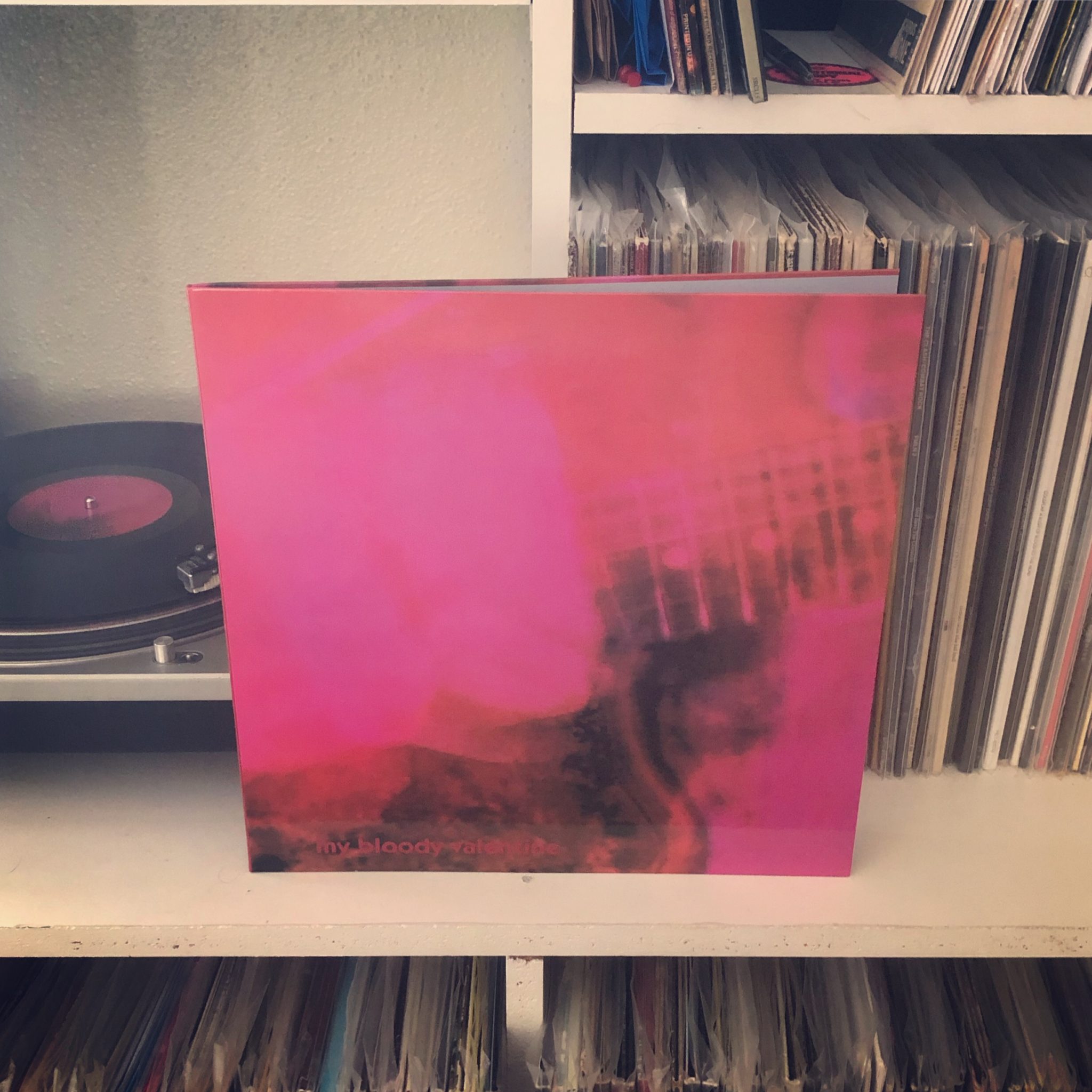

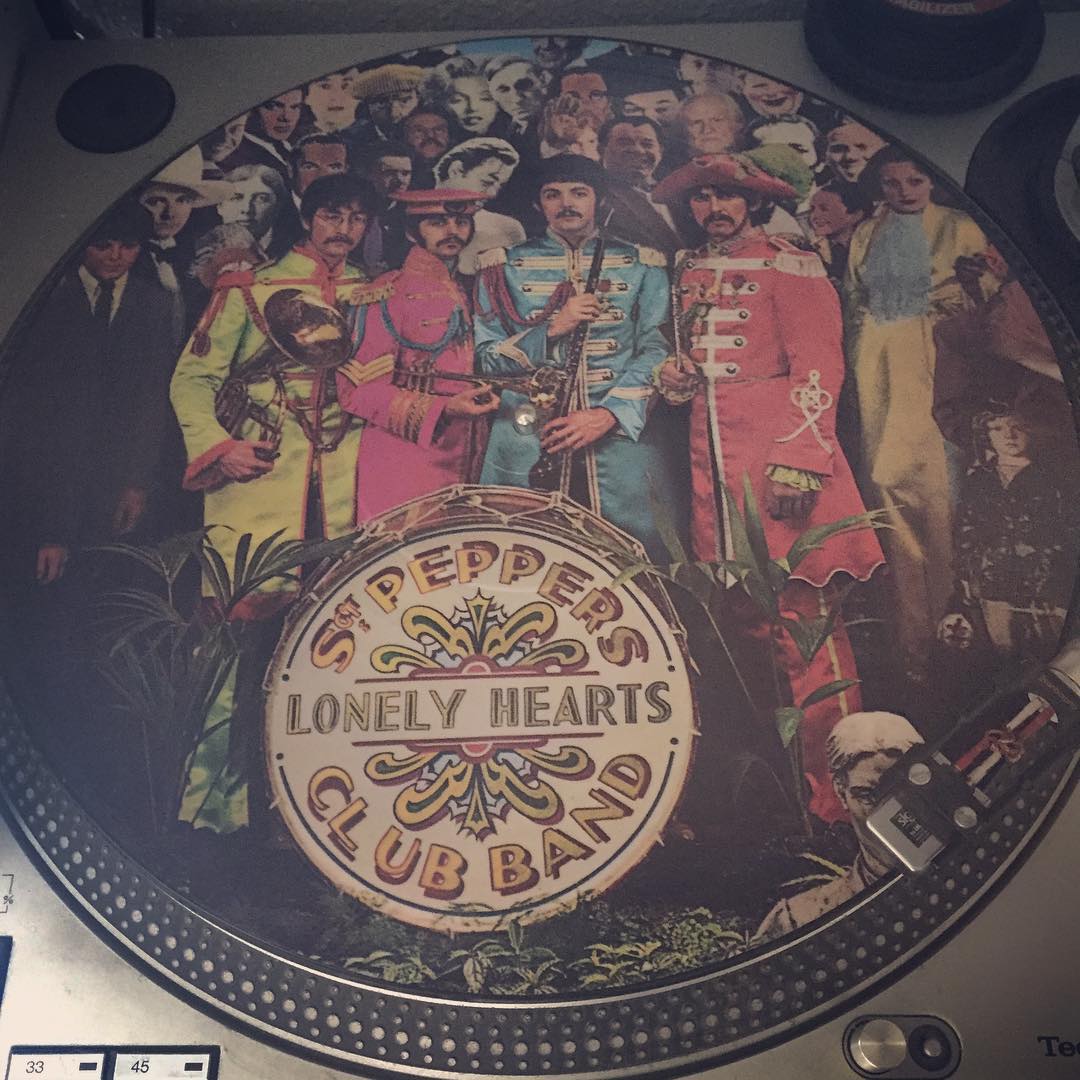 According to the Wikipedia article entitled
According to the Wikipedia article entitled